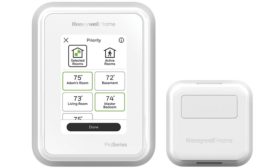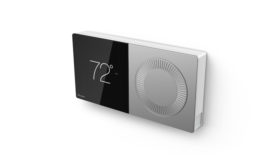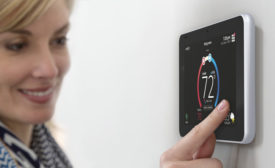Home » smart thermostats
Articles Tagged with ''smart thermostats''
HVAC Contractors Key in Connection
Thanks to service calls and maintenance checks, HVACR techs have a leg up on the competition
Read More
High-Tech Smart Homes: Unlocking the Doors of Possibility
How smart homes are helping veterans regain their independence
Read More
Copyright ©2024. All Rights Reserved BNP Media.
Design, CMS, Hosting & Web Development :: ePublishing













